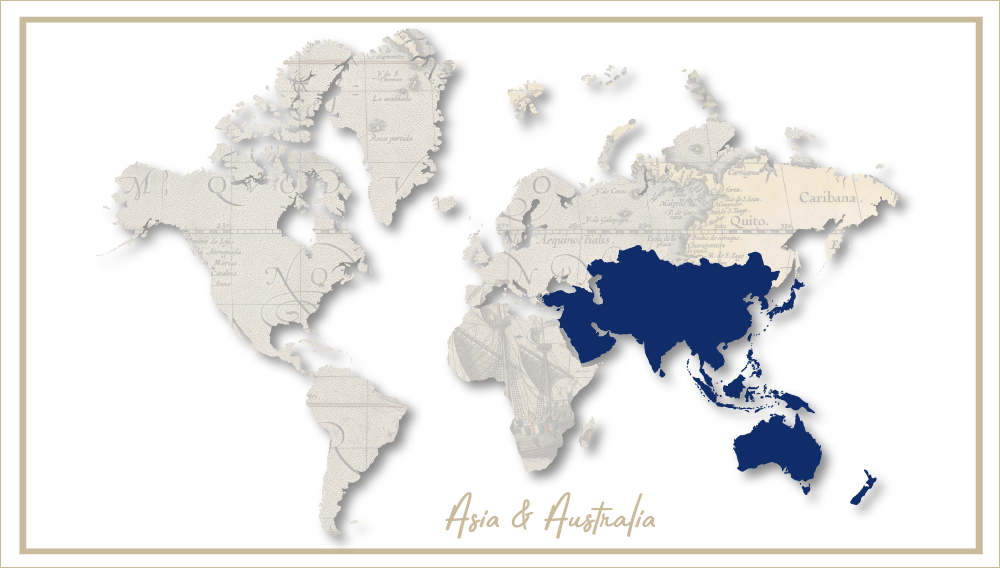Lion’s boss Murray succeeded by ex-Nestle man
Media called him the "Lion King", probably for his proven staying power at the helm of Australia’s brewer and dairy company Lion. But in February 2012 Kirin-owned Lion said that its CEO Rob Murray, 51, would step down next year after eight years spent running the consumer goods giant.
Mr Murray came to the job from Nestle and has seen Lion through the integration of National Foods, the acquisition of Dairy Farmers and Lion’s takeover by Japan-based Kirin.
Lion did not give any reason why Mr Murray was leaving. Did he not fancy running a beer-to-dairy company? Or did he think that a decade with Lion was enough for a lifetime?
In any case, pundits did get it wrong who would succeed Mr Murray. Most market observers thought Lion would go for an internal candidate from its beer division.
But no. Lion in August 2012 announced that the Nestle man Stuart Irvine will take over the role in January 2013.
Mr Irvine is currently CEO of Nestle Russia and Eurasia – an AUD 2 billion beverage and food business with 10,000 people, 14 production sites and multiple business models, Australian media reported.
Lion said that to ensure a smooth transition, a handover period with Mr Murray will commence from mid-November 2012.
Mr Murray’s decision to resign came only weeks after SABMiller bid Foster’s CEO John Pollaers adieu. Following its AUD 10 billion takeover of Foster’s, SABMiller rightly wanted to put its own people in charge of turning around the ailing brewer. So in came Ari Mervis and out went Mr Pollaers, but not without receiving a multi-million golden handshake.
What has become of Mr Pollaers since? According to Australian media, as of September 2012 Mr Pollaers will pitch up tent as CEO at Pacific Brands, an Australian clothing and bedding manufacturer with a market capitalisation of AUD 500 million.
The company, which saw sales drop 18 percent in its past financial year while booking a loss of AUD 450 million and write-downs of AUD 502 million, is hardly what you’d call "in good shape".
Australian media cheered Mr Pollaers’ appointment, calling Mr Pollaers "a born leader", someone "the company will need as it battles to restore shareholder confidence, staff morale and relationships with customers."
Could this be the same Mr Pollaers who, when he was at Foster’s, failed in exactly these respects?

